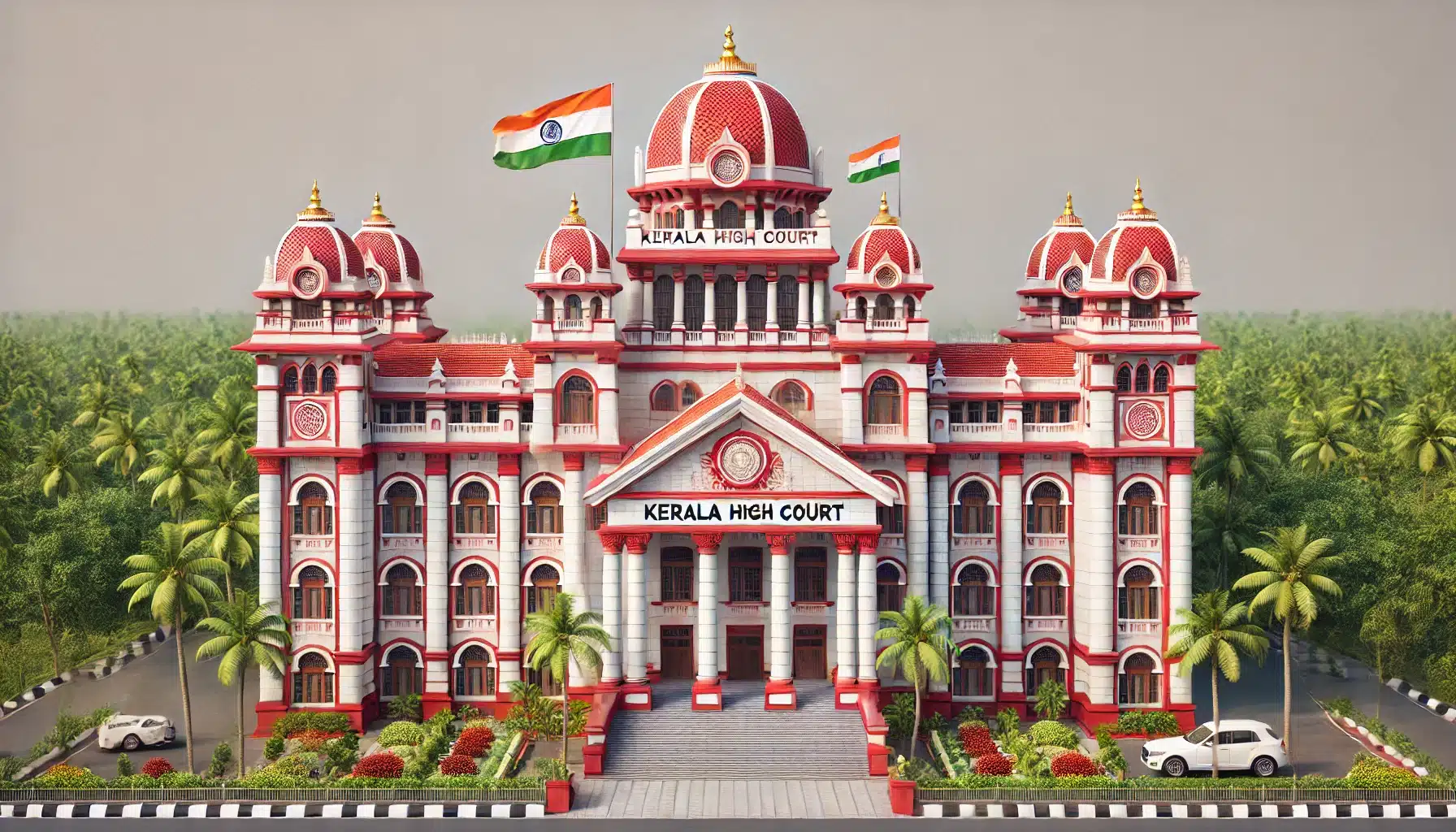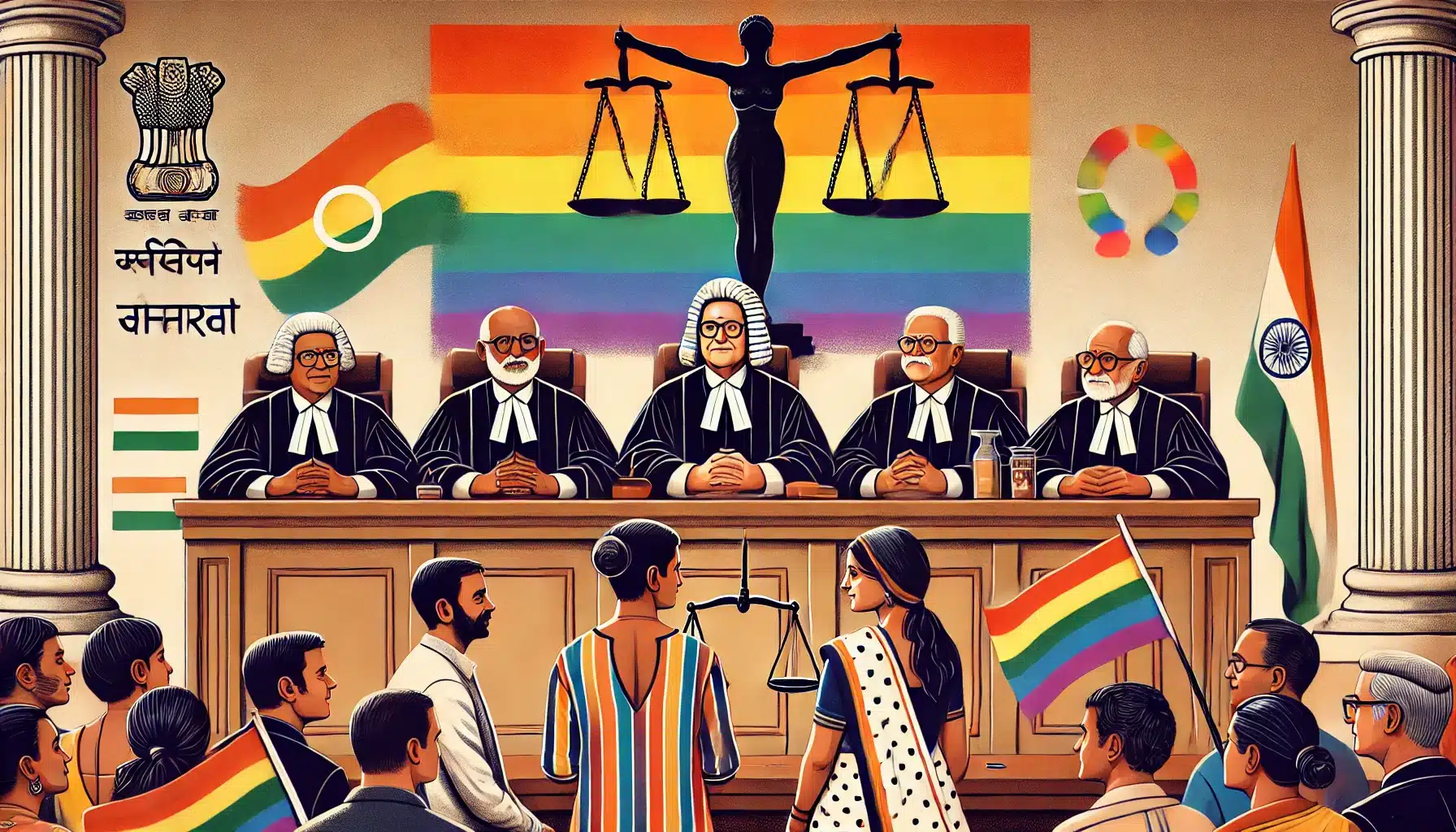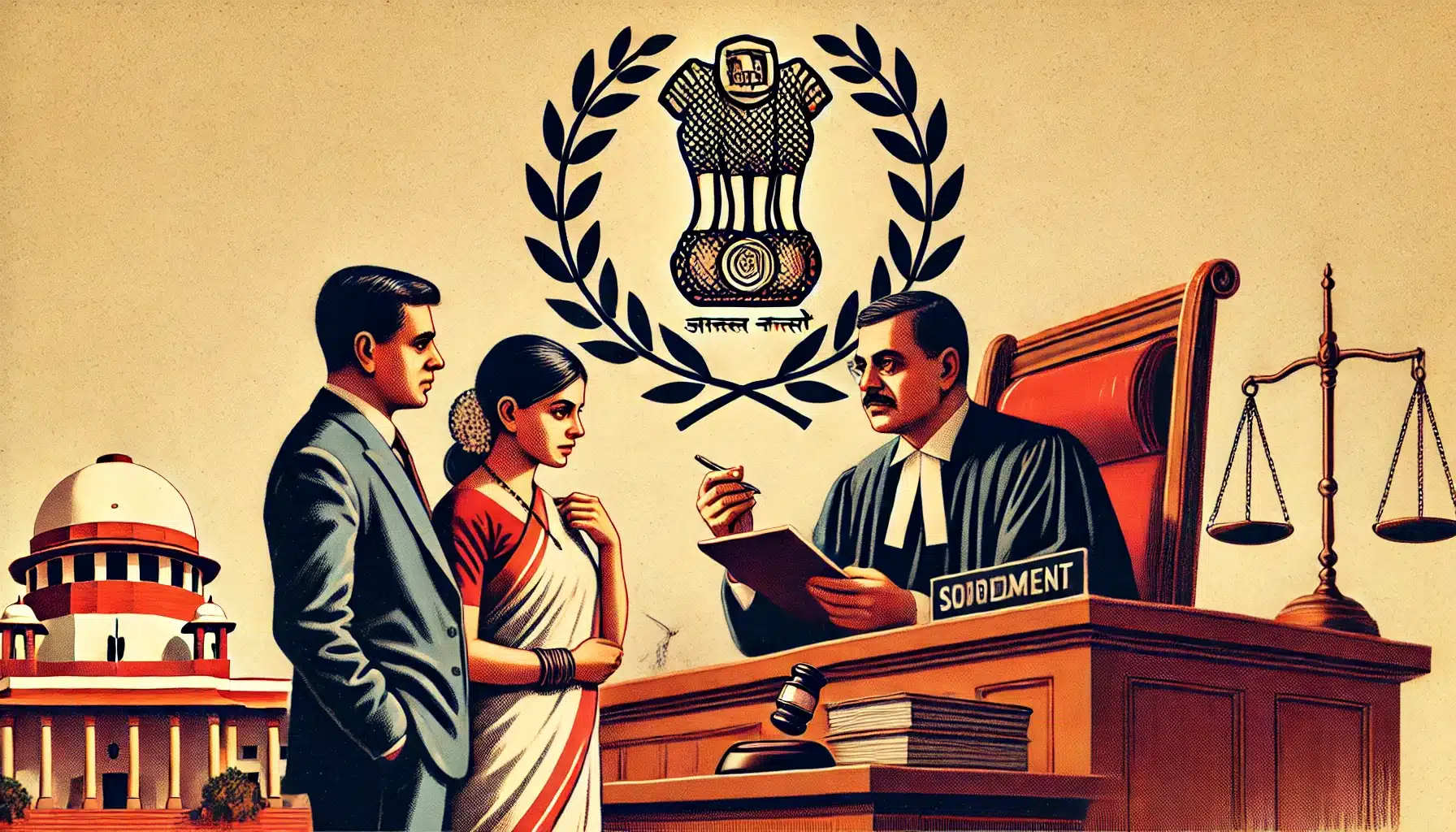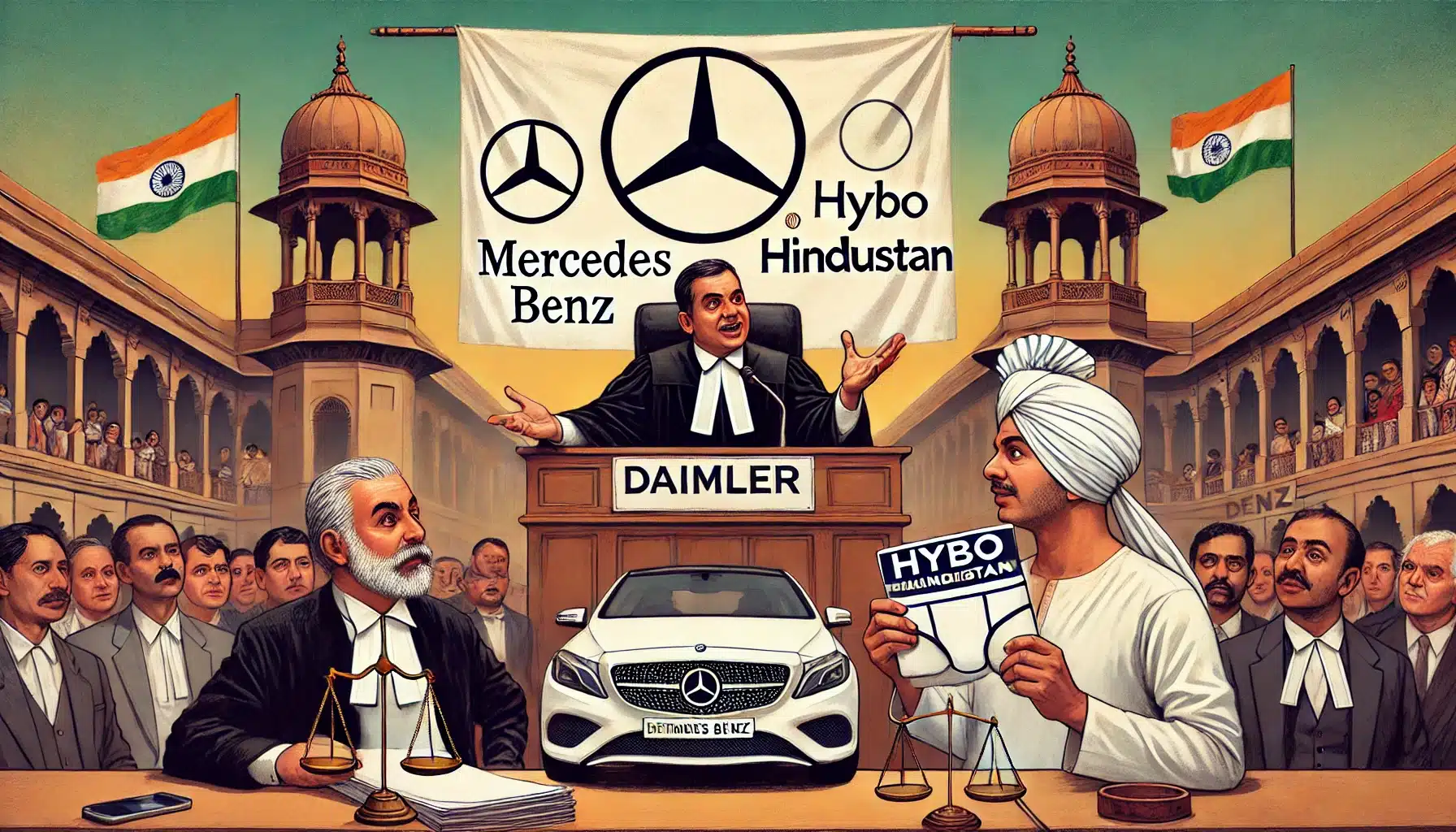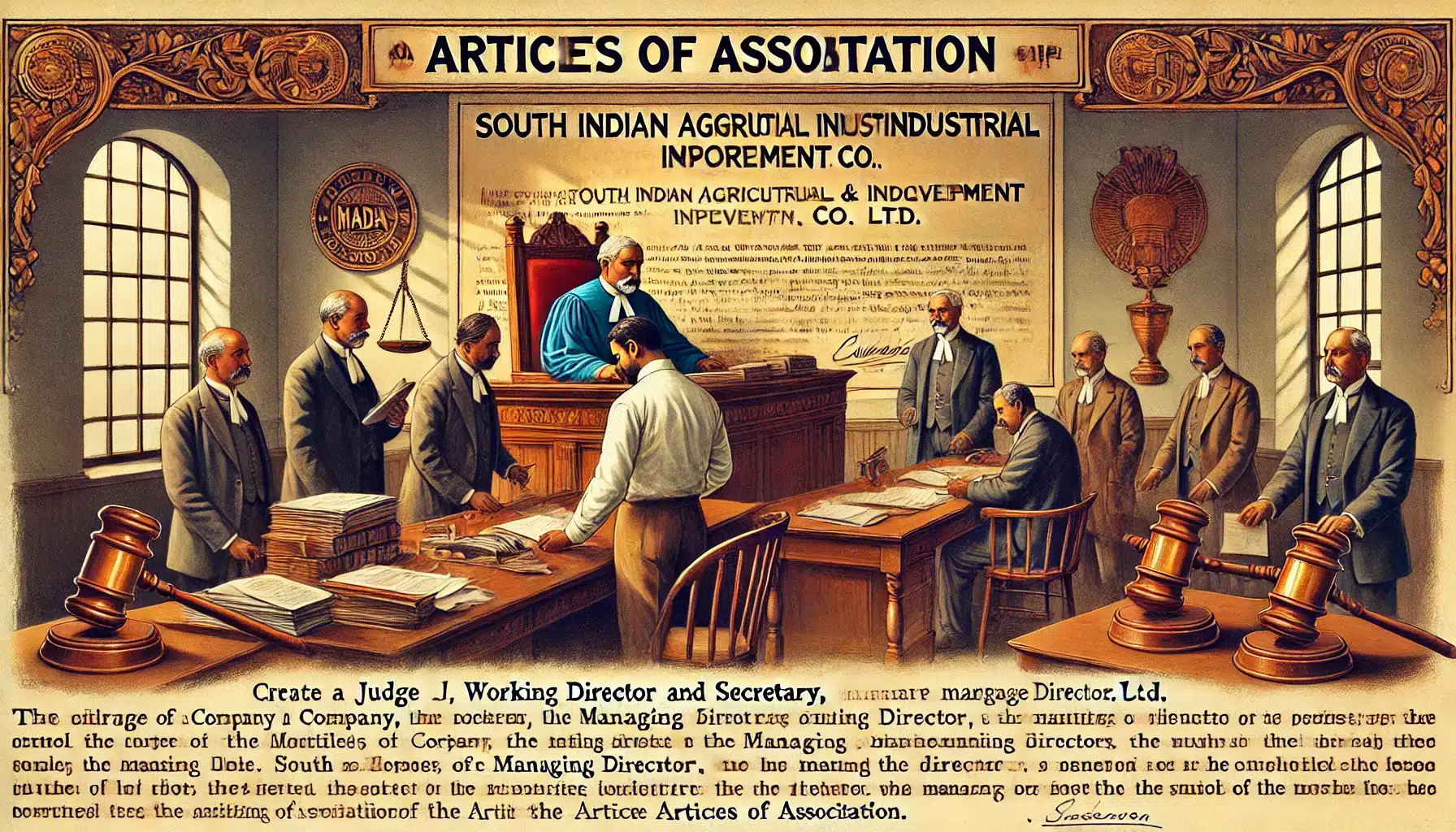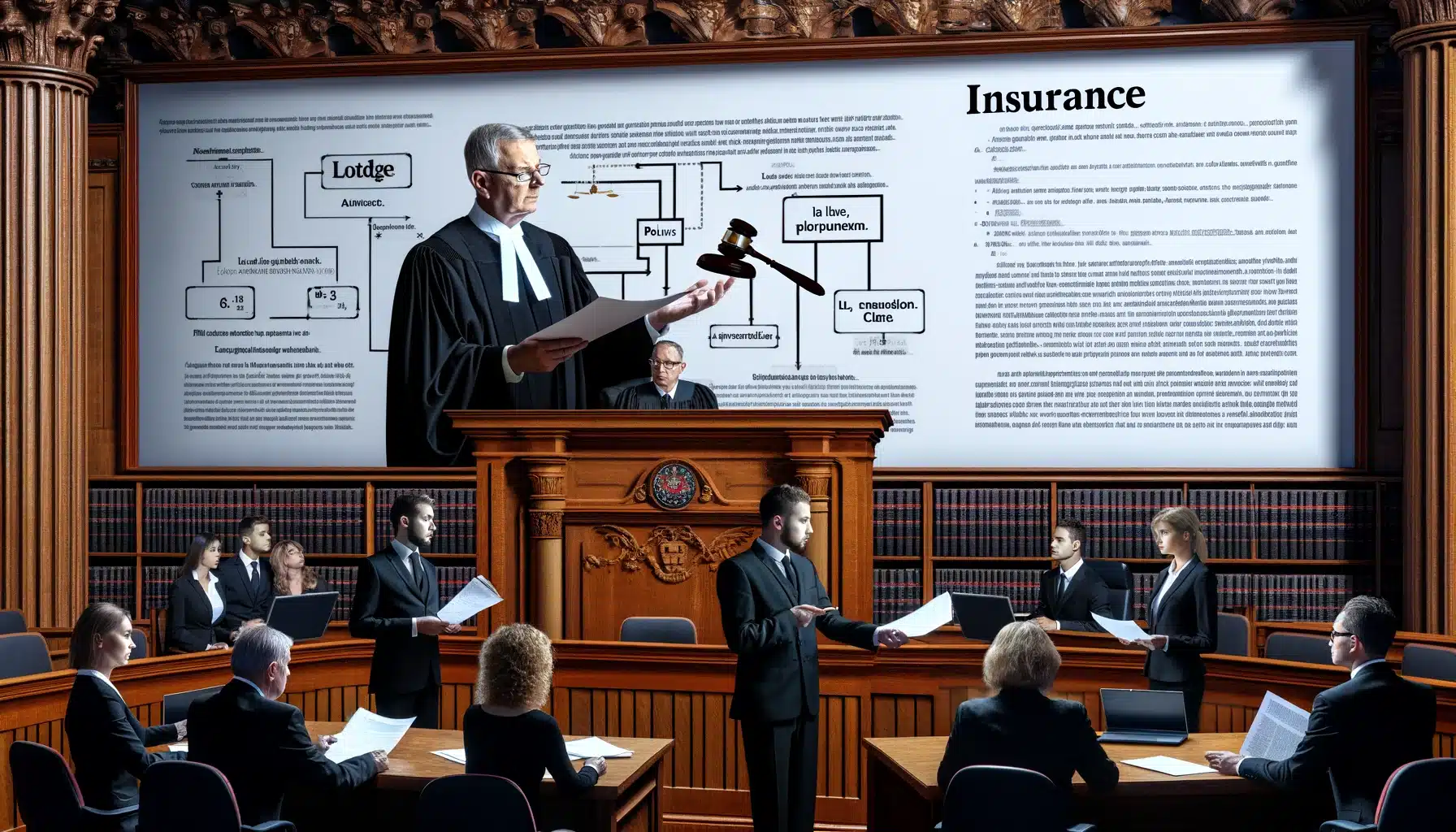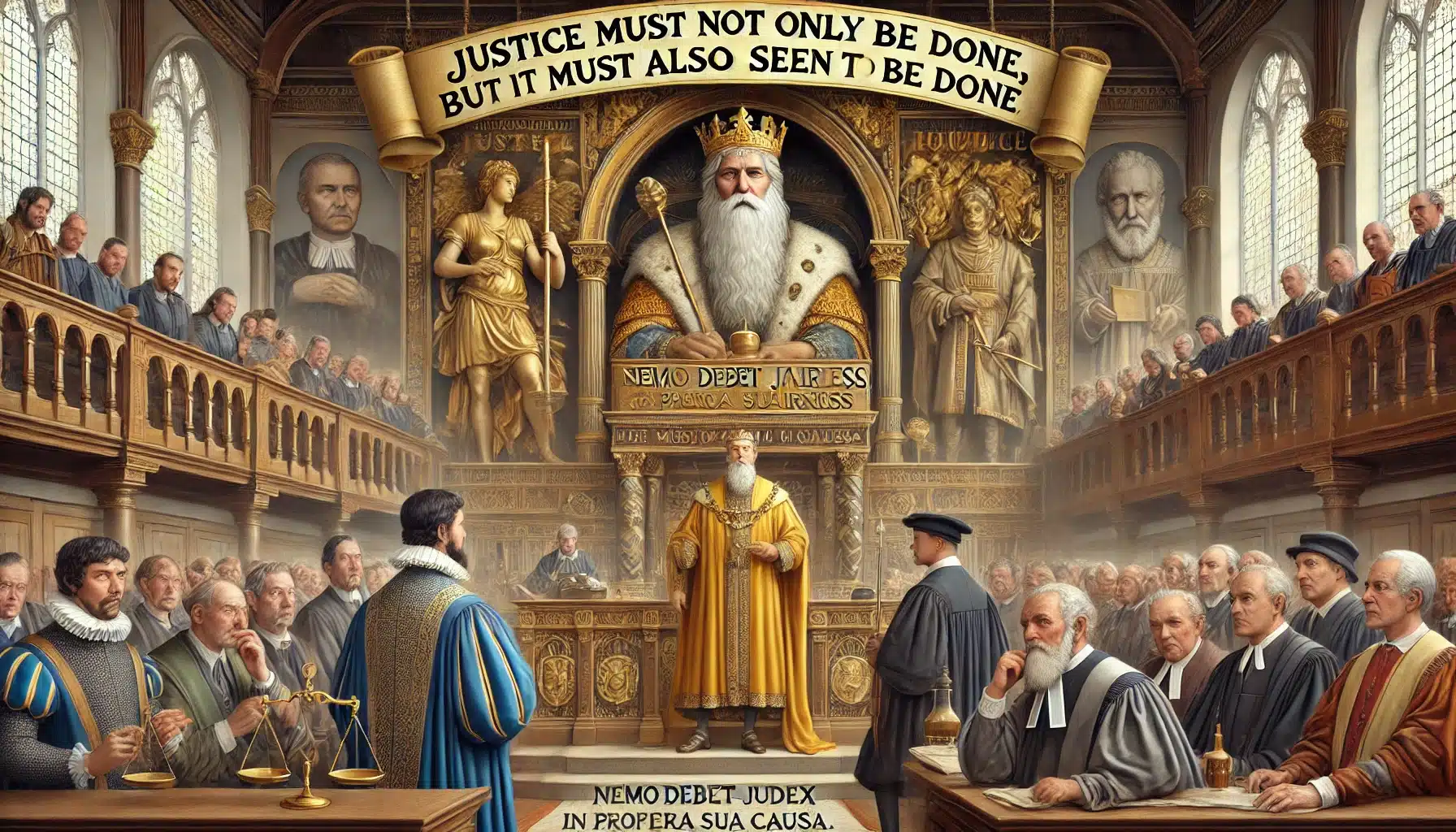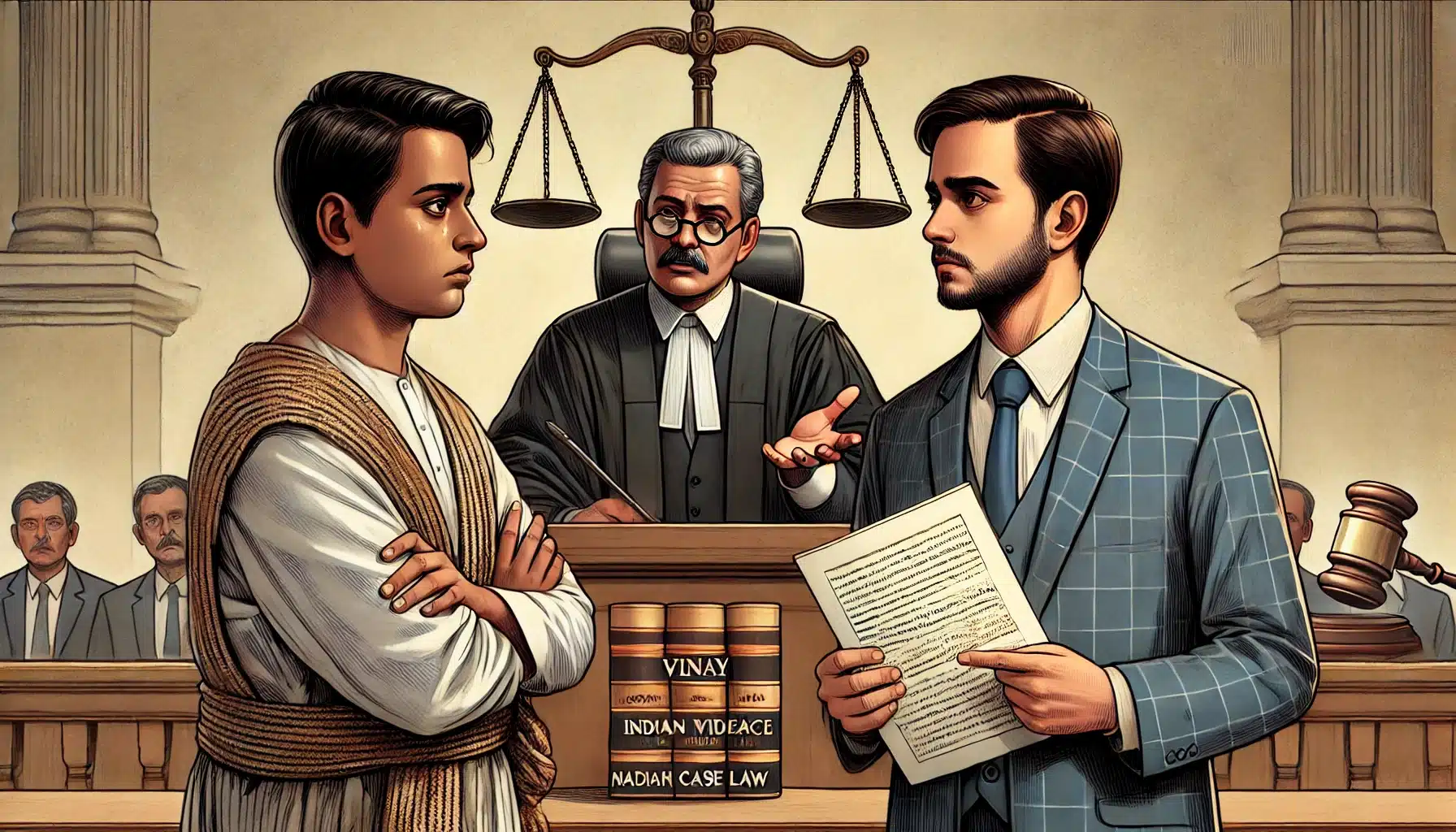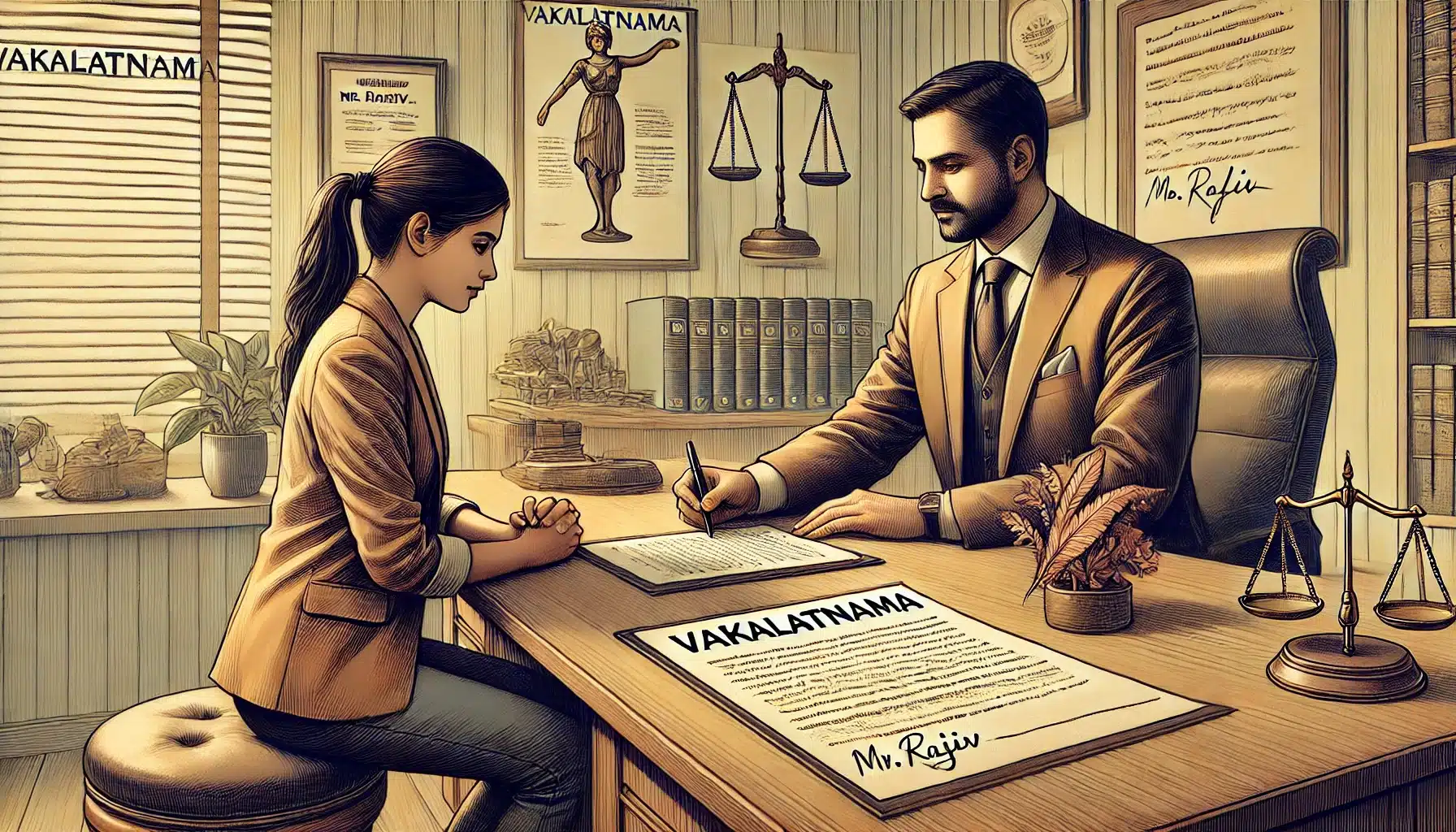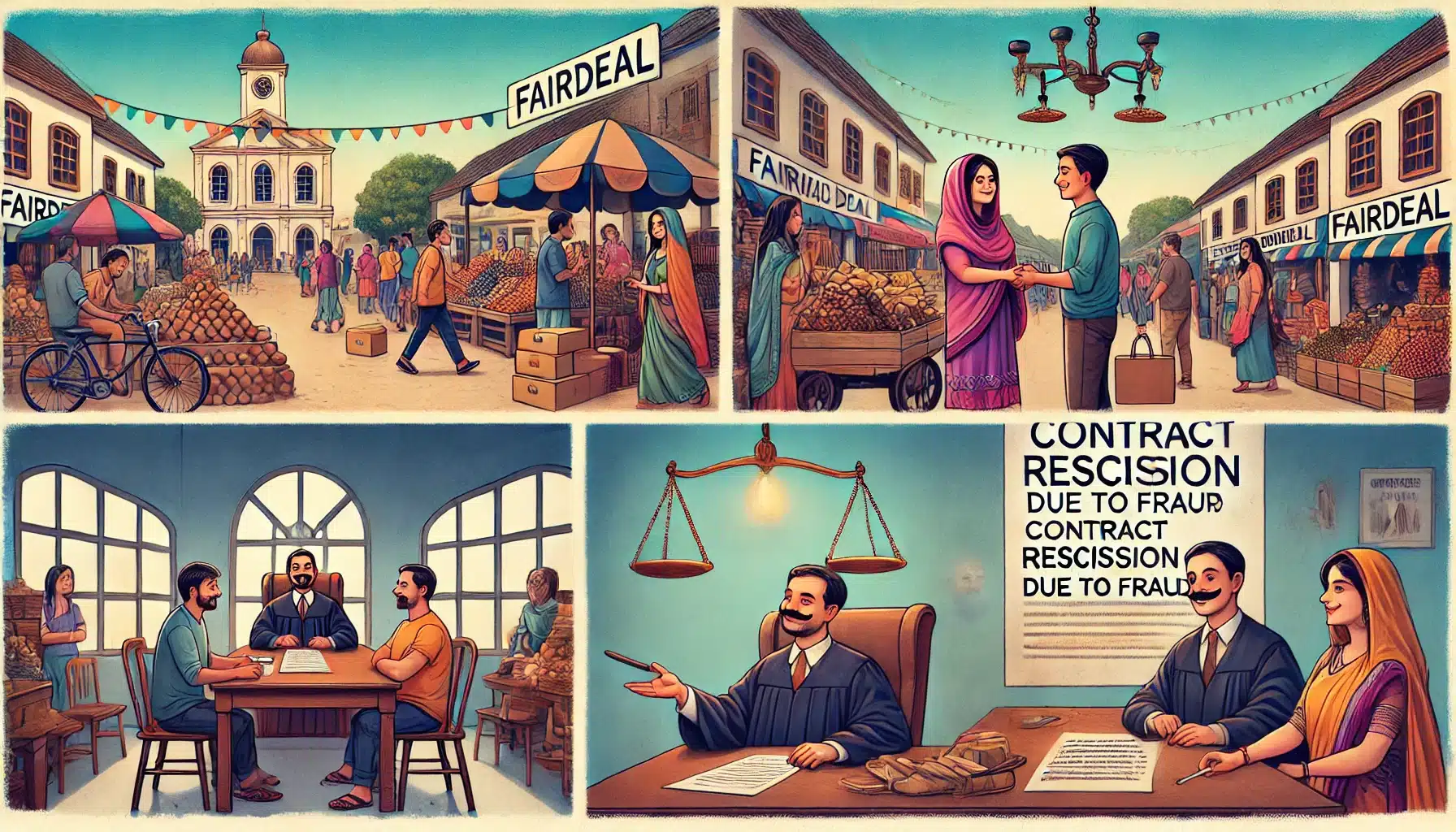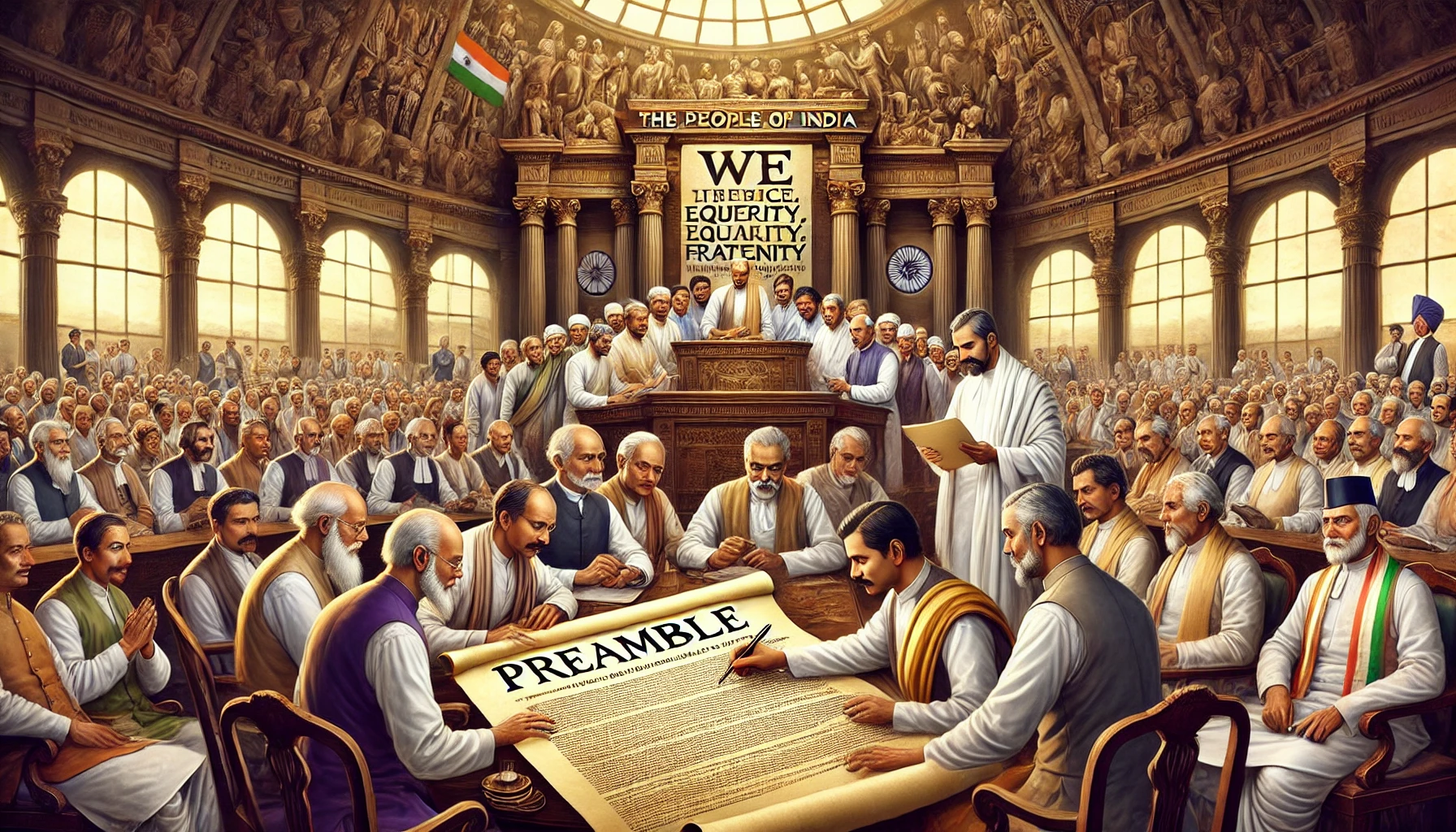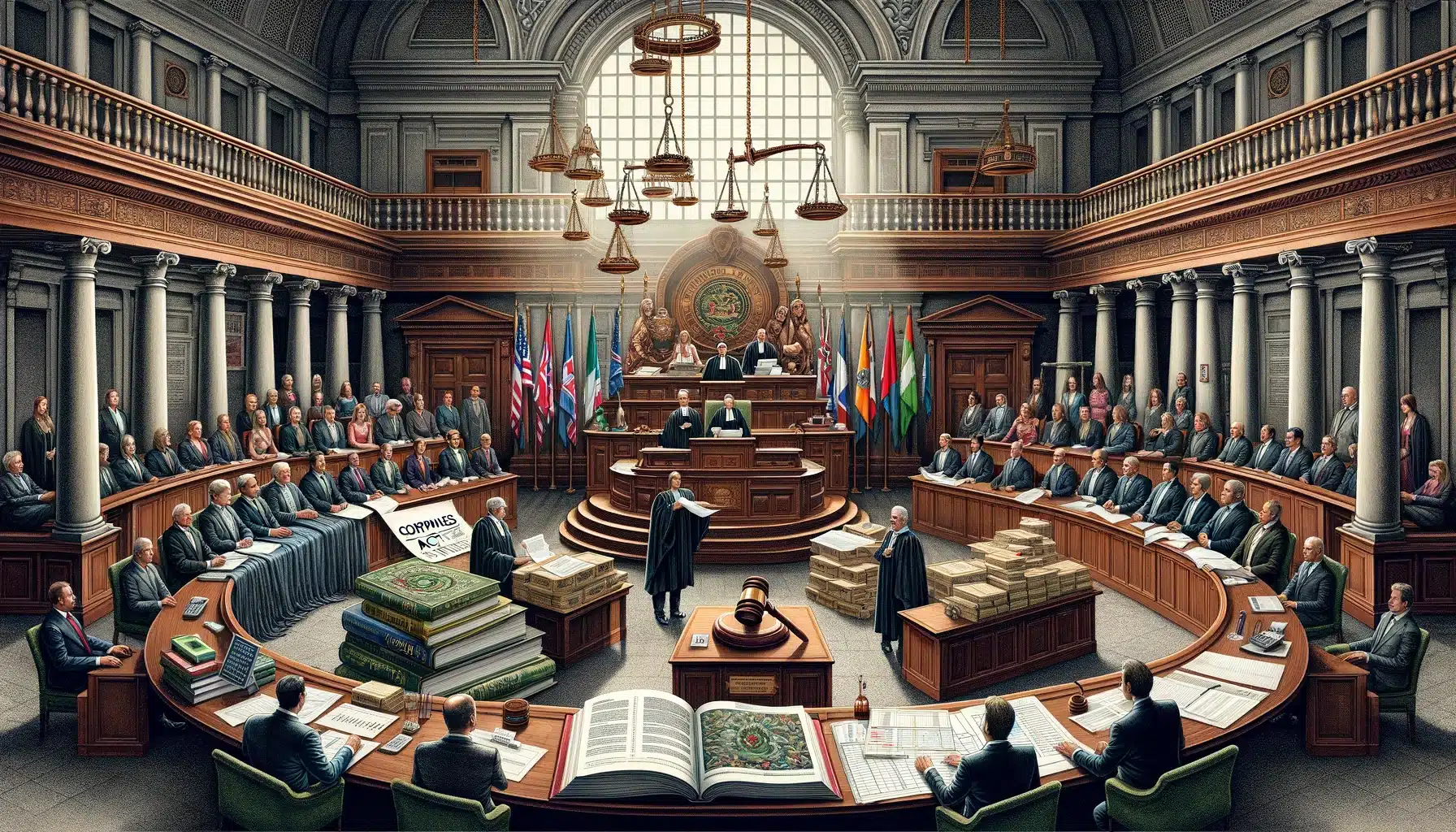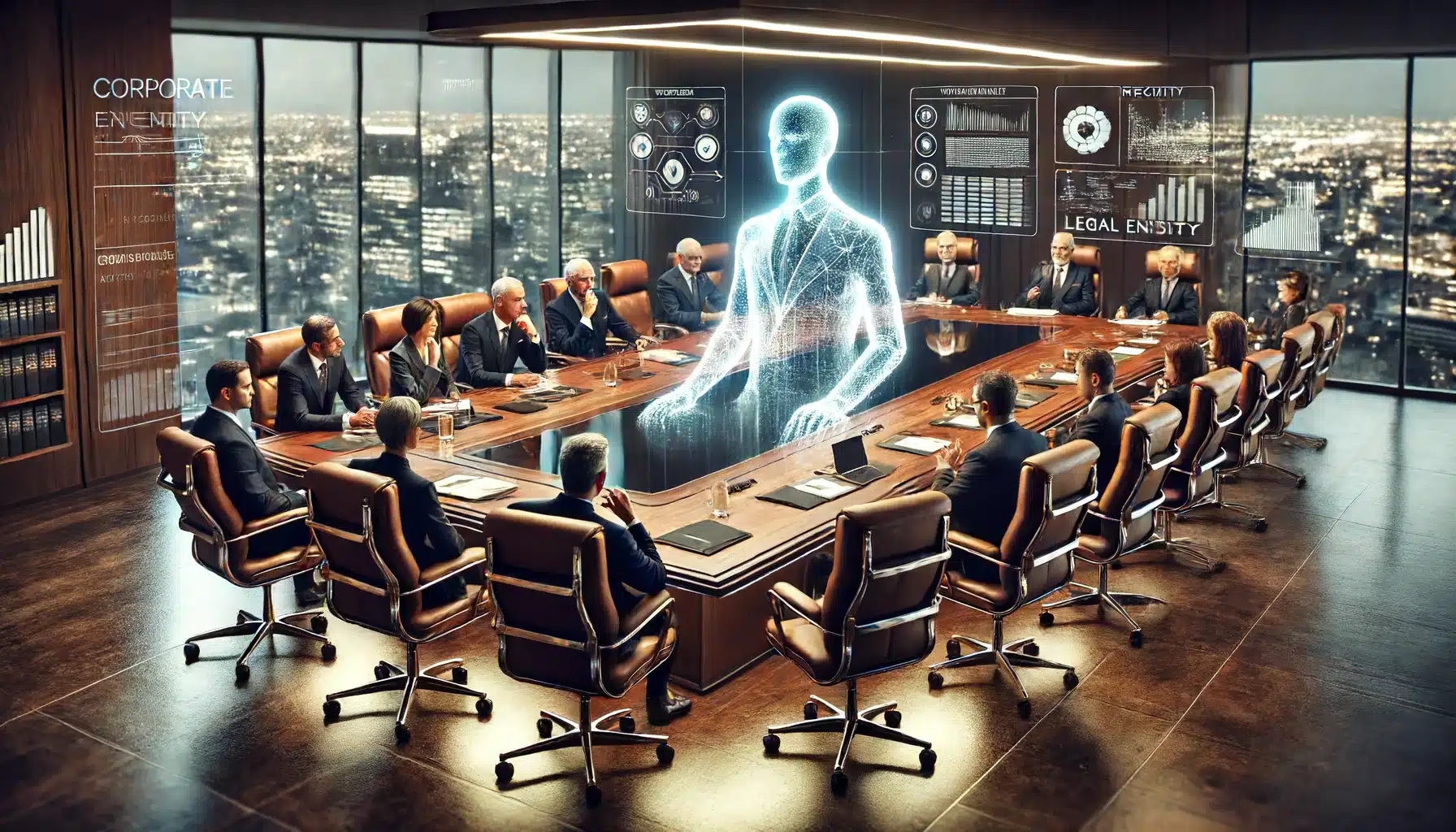May 30, 2024 15:32 UTC
| Updated:
Jun 3, 2024 at 05:31 UTC
Case Study: Kapila Hingorani v. State of Bihar
Citation: AIRONLINE 2003 SC 221
Court: Supreme Court of India
Date of Judgement: 9th May, 2003
Bench: V.N. Khare (CJ), S.B. Sinha (J)
Amicus Curiae: P.S. Mishra, Senior Advocate, Supreme Court of India
Facts
- A writ petition was filed by an advocate of Supreme Court based upon a newspaper report which alleged that about 250 employees died due to starvation or committed suicide owing to acute financial crisis resulting from non-payment of remunerations to them for a long time. The petition even included the teaching and non-teaching staff of Aided and Unaided Schools, Madrassas and Colleges facing a similar fate, however, that was not dealt by the court.
- State of Bihar accepted the factual statement through a counter- affidavit.
- Independent investigation by Amicus Curiae revealed that there had been starvation deaths and/or suicide by the employees of the public sector undertakings are correct.
Judgement
Court without having intention to lay down a law advised that the State is directly or vicariously liable to pay salaries/remunerations of the employees of the public sector undertakings or the Government companies in all situations. It directed the High Court of Bihar to dispose of all liquidation proceedings in respect of the Government companies owned and controlled by the State of Bihar as expeditiously as possible. The rights of the workmen shall be considered in terms of Section 529-A of the Companies Act, 1956. The State of Jharkhand was impleaded as a respondent and the Central Government was directed to take a decision regarding division of assets and liabilities of the Government companies/public sector undertakings in terms of the provisions of the Bihar Reorganization Act, 2000.
Key legal issues discussed
- Whether the corporate veil would be lifted as there have been violations of citizens’ right to life and liberty as adumbrated under Article 21 of the Constitution of India?
Yes
In Ramana Dayaram Shetty v. International Airport of India[1], Court observed that corporations created by the Government for setting up and management of public enterprises and carrying out public functions, act as instrumentalities of the Government; they would be subject to the same limitations in the field of constitutional and administrative laws as the Government itself, though in the eye of the law they would be distinct and independent legal entities.
Therefore, court held that if the Government acting through its officers was subject to certain constitutional limitations, then the Government acting through the instrumentality or agency of a corporation should equally be subject to the same limitations, otherwise it would lead to considerable erosion of the efficiency of the fundamental rights, for in that event the Government would be enabled to override the fundamental rights by adopting the strategy of carrying out its function through the instrumentality or agency of a corporation while retaining control over it.[2]
This does not lead to the inference that they become agents of the Centre/State Government for all purposes to bind such Government for all their acts, liabilities, and obligations under various Central and/or State Acts or under private law. The ratio must be decided based upon the facts of the cases.[3]
It is a well-established principle that corporate veil could be lifted whenever a corporate entity is abused for an unjust and inequitable purpose, the court would not hesitate to lift the veil and investigate the realities to identify the persons who are guilty and liable therefor.[4] The corporate veil indisputably can be pierced when the corporate personality is found to be opposed to justice, convenience and interest of the revenue or workman or against public interest.[5]
- Whether having regard to the admitted position that the Government Companies or Corporations referred to hereinbefore are States within the meaning of Article 12 of the (Constitution of India, the State of Bihar having deep and pervasive control over the affairs thereof can be held to be liable to render all assistance to the said companies so as to fulfill its own and/or the corporations’ obligations to comply with the citizens’ right under Articles 21 and 23 of the Constitution of India?
Yes
Court observed that the test that a public sector undertaking or Government company can be a ‘State’ within the meaning of Article 12 of the Constitution, only when it discharges some sovereign functions, has been discarded in Pradeep Kumar Biswas v. Indian Institute of Chemical Biology and Ors.[6].Hence, the Government companies/public sector undertakings being ‘State’ would be constitutionally liable to respect life and liberty of all persons in terms of Article 21 of the Constitution of India.
The right to exercise deep and pervasive control would in its turn make the Government of Bihar liable to see that the life and liberty clause in respect of the employees is fully safeguarded. The Government of the State of Bihar, thus, had a constitutional obligation to protect life and liberty of the employees of the Government owned companies/corporations who are the citizens of India. It had an additional liability having regard to its right of extensive supervision over the affairs of the company.
So, State of Bihar is not permitted to say that it did not know the actual state of affairs of the State Government undertakings and/or it was kept in dark that the salaries of their employees had not been paid for years leading to starvation death and/or commission of suicide by a large number of employees. Concept of accountability arises out of the power conferred on an authority.
- Whether the State of Bihar can escape its liability having regard to the human rights problem involved in the matter?
No
Court held that the States of India are welfare States. They having regard to the constitutional provisions adumbrated in the Constitution of India and in particular Part IV thereof laying down the Directive Principles of the State Policy and Part IVA laying down the Fundamental Duties are bound to preserve the practice to maintain the human dignity. The State has made itself liable to mitigate the sufferings of the employees of the public sector undertakings or the government companies.
Court referring to All India Imam Organization and Ors. v. Union of India and Ors.[7], observed that financial stringency may not be a ground for not issuing requisite directions when a question of violation of fundamental right arises. The term ‘life’ used in Article 21 of the Constitution of India has a wide- and far-reaching concept. It includes livelihood and so many other facets thereof. ‘Life’, as observed by Field, J. In Munn v. IIIinois[8], means something more than mere animal existence and the inhibition against the deprivation of life extends to all those limits and faculties by which life is enjoyed.
[1] [1979] 3 SCC 489.
[2]Delhi Transport Corpn. v. D.T.C Mr-door Congress, [1991] Supp 1 SCC 600; Som Prakash Rekhi v. Union of India, [1981] 1 SCC 449; Manmohan Singh Jaitla v. Commr., Union Territory of Chandigarh, [1984] Supp SCC 540; P.K. Ramachandra lyer v. Union of India, [1984] 2 SCC 141; A.L Kalra v. Project and Equipment Corpn of India Ltd., [1984] 3 SCC 316; Central Inland Water Transport Corpn. Ltd. v. Brojo Nath Ganguly, [1986] 3 SCC 156; C.V Raman v. Bank of India, [1988] 3 SCC 105; Lucknow Development Authority v. M.K. Gupta, [1994] 1 SCC 243; Star Enterprises v. City and Industrial Development Corpn. of Maharashtra Ltd., [1990] 3 SCC 280; LIC of India v. Consumer Education & Research Centre, [1995] 5 SCC 482) and G.B. Mahajan v. Jalgaon Municipal Council, [1991] 3SCC 91.
[3] Bhavnagar University v. Palitana Sugar Mill (P) Ltd. and Ors., [2003] 2 SCC 111, Para 59.
[4] State of U.P. and Ors. v. Renusagar Power Company and Ors., [1988] 4 SCC 59.
[5] C.I.T. Madras v The Meenakshi Mills Ltd and Ors., [1967] 1 SCR 934.
[6] [2002] 5 SCC 111.
[7] [1993] 3 SCC 584.
[8] (1877) 94 US 113.





